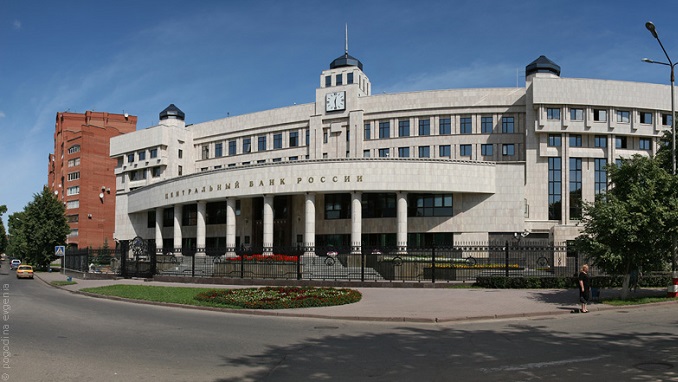Money transfer from Russia to Tajikistan could discontinue from Tuesday, aftermarket participants couldn’t reach a consensus despite negotiating all week, Kommersant reports.
From December 3, Tajikistan will switch to a new system, under which all settlements without opened accounts must be processed through the National Bank of Tajikistan, practically monopolizing all money transfer to and from the country.
None of the payment systems providing 90% of transfers from Russia to Tajikistan with a total volume of about $2.5 billion per year connected successfully to the country’s central bank. It is still unknown whether the Russian financial authorities will apply retaliatory measures, but they have the right to do so, the paper says.
To clarify the “technical and regulatory nuances”, Russian companies providing money transfer services to the country asked the regulator to postpone the date, but the request was denied.
Tajikistan is one of the largest markets for money transfers from Russia, second only to Uzbekistan. In 2018, the volume of money transfers without opening accounts, according to the Central Bank, to $2.55 billion. Given the market volume, the inability of the National Bank of Tajikistan for compromise has perplexed Russian players, Kommersant wrote.
According to experts, both parties are interested in retaining transfers between Russia and Tajikistan.
“Unfortunately, during the transition period, the end consumers are most likely to see the negative effects, ordinary people who go to work and plan to regularly transfer funds home,” Sergey Alpatov, commercial director at Chronopay, told the business newspaper.
According to Narek Avakyan, head of the investment department at BCS Broker, money transfers from labor migrants make up 30% of the Tajik economy.
“Meanwhile, Russian payment systems will lose up to 6-7 billion rubles of revenue per year, which is quite substantial, so I think that in the end they will agree on something and a compromise between the parties will be found,” Avakyan told Kommersant.












